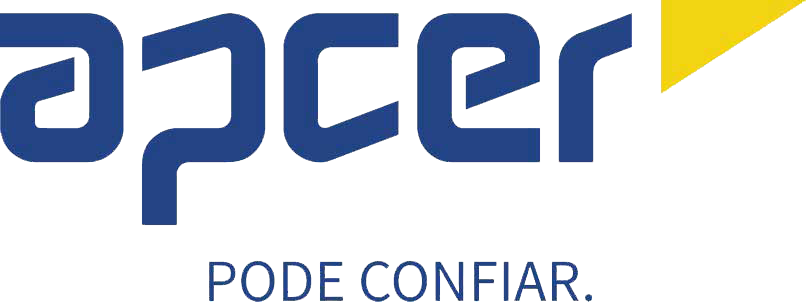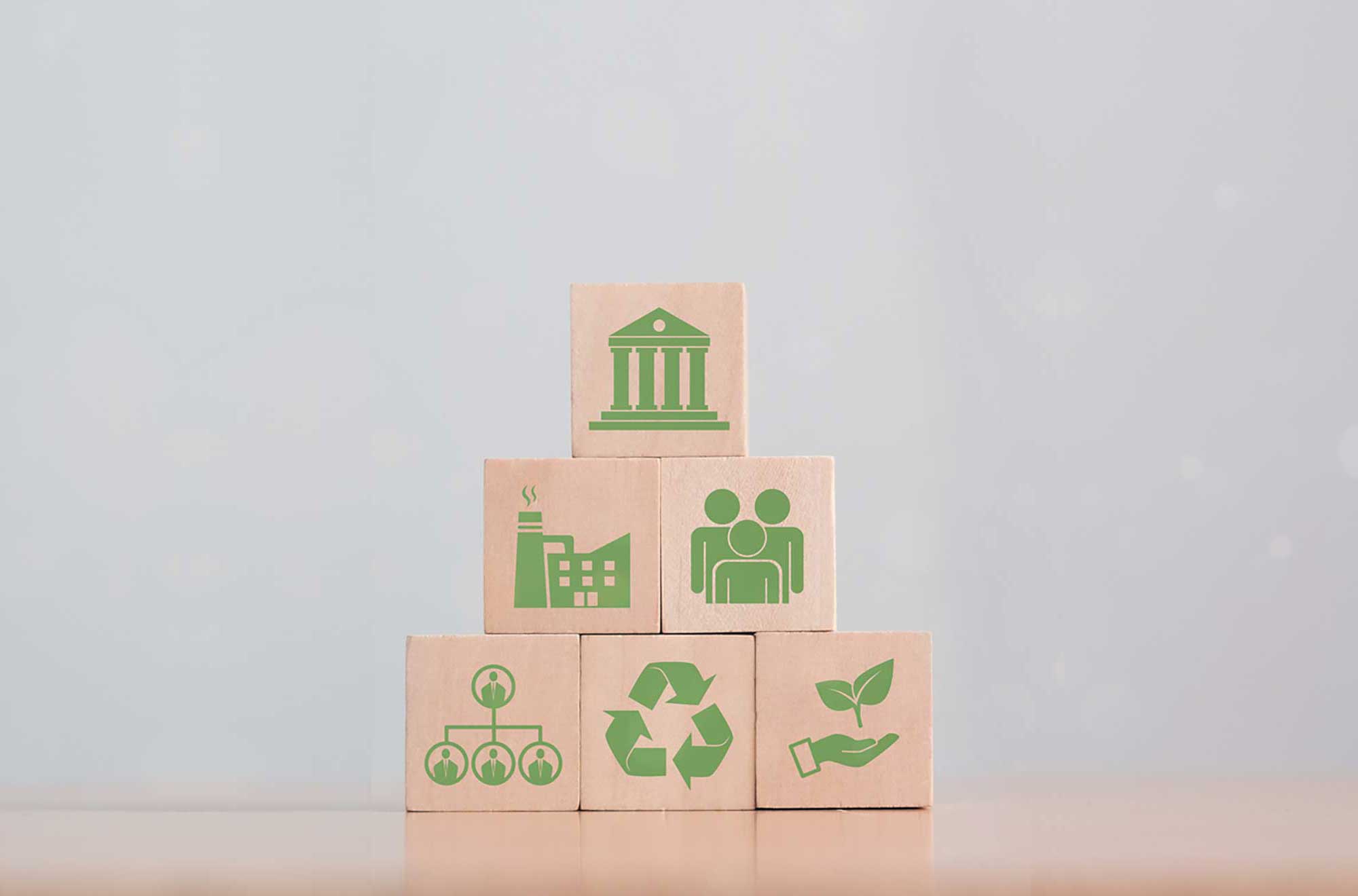Lamentamos mas não encontrámos esse endereço.
Talvez tenha introduzido mal o endereço ou a página tenha sido removida.
Tente novamente ou utilize a pesquisa e a navegação no canto superior direito do ecrâ.
Se precisar de ajuda, por favor contacte-nos.













